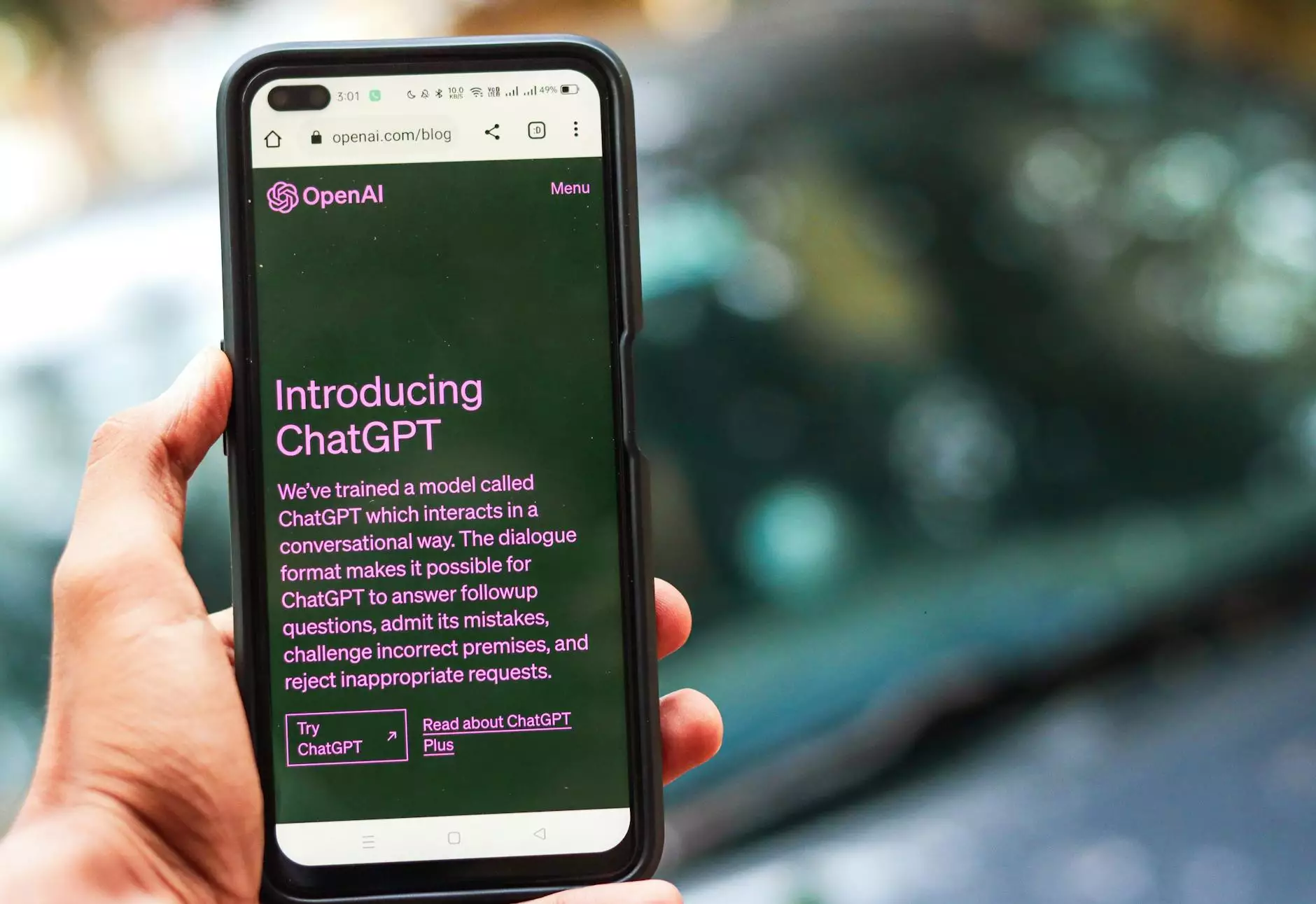5 Reasons Why Focus Groups Fail
Blog
Focus groups have long been used as a valuable tool for gathering insights and opinions from target audiences. However, despite their widespread use in the business and consumer services industry, focus groups can often fail to provide accurate and reliable results. In this article, we will explore the five main reasons why focus groups fail and how Jujub Web Design can help you overcome these challenges to develop effective website strategies.
1. Lack of Diversity
One of the primary reasons why focus groups fail is a lack of diversity among participants. When the group is not representative of the target audience, the insights gathered may not accurately reflect the opinions and preferences of the broader population. At Jujub Web Design, we understand the importance of diversity in focus groups and ensure that participants from different demographics are included to provide a well-rounded perspective.
2. Group Dynamics
Group dynamics can greatly influence the outcomes of focus group sessions. In some cases, dominant individuals may overshadow others, leading to biased opinions and skewed results. Our team at Jujub Web Design has extensive experience in moderating focus groups and creating an environment that encourages open and equal participation. By facilitating a balanced discussion, we ensure that every participant's voice is heard and respected.
3. Limited Sample Size
Another common pitfall of focus groups is a limited sample size. Small groups may not accurately represent the broader target audience, resulting in unreliable data and skewed insights. At Jujub Web Design, we work closely with our clients to determine the ideal sample size based on their specific needs. By conducting focus groups with an optimal number of participants, we maximize the validity and reliability of the collected data.
4. Social Desirability Bias
Focus group participants may sometimes express opinions that are socially desirable rather than their true beliefs. This social desirability bias can significantly impact the reliability of the gathered data. Our skilled moderators at Jujub Web Design employ various techniques to minimize this bias and encourage participants to provide honest and genuine feedback. By fostering an atmosphere of trust and confidentiality, we ensure that the insights gathered are truly valuable.
5. Lack of Objectivity
Finally, focus groups can fail due to a lack of objectivity in the analysis and interpretation of the collected data. Biases in the analysis process can lead to misinterpretations and erroneous conclusions. Jujub Web Design prioritizes objectivity in our data analysis approach. Our team employs rigorous methods to analyze focus group data, ensuring accurate and unbiased insights that can guide our clients in making informed decisions for their website development strategies.
By addressing these five main reasons why focus groups often fail, Jujub Web Design sets itself apart in the business and consumer services industry. Our comprehensive understanding of the challenges faced in focus group research allows us to provide tailored solutions that result in meaningful and actionable insights for your website development projects.
Reach out to Jujub Web Design today to learn more about how we can help you harness the power of focus groups and develop effective website strategies that drive success in your business.




